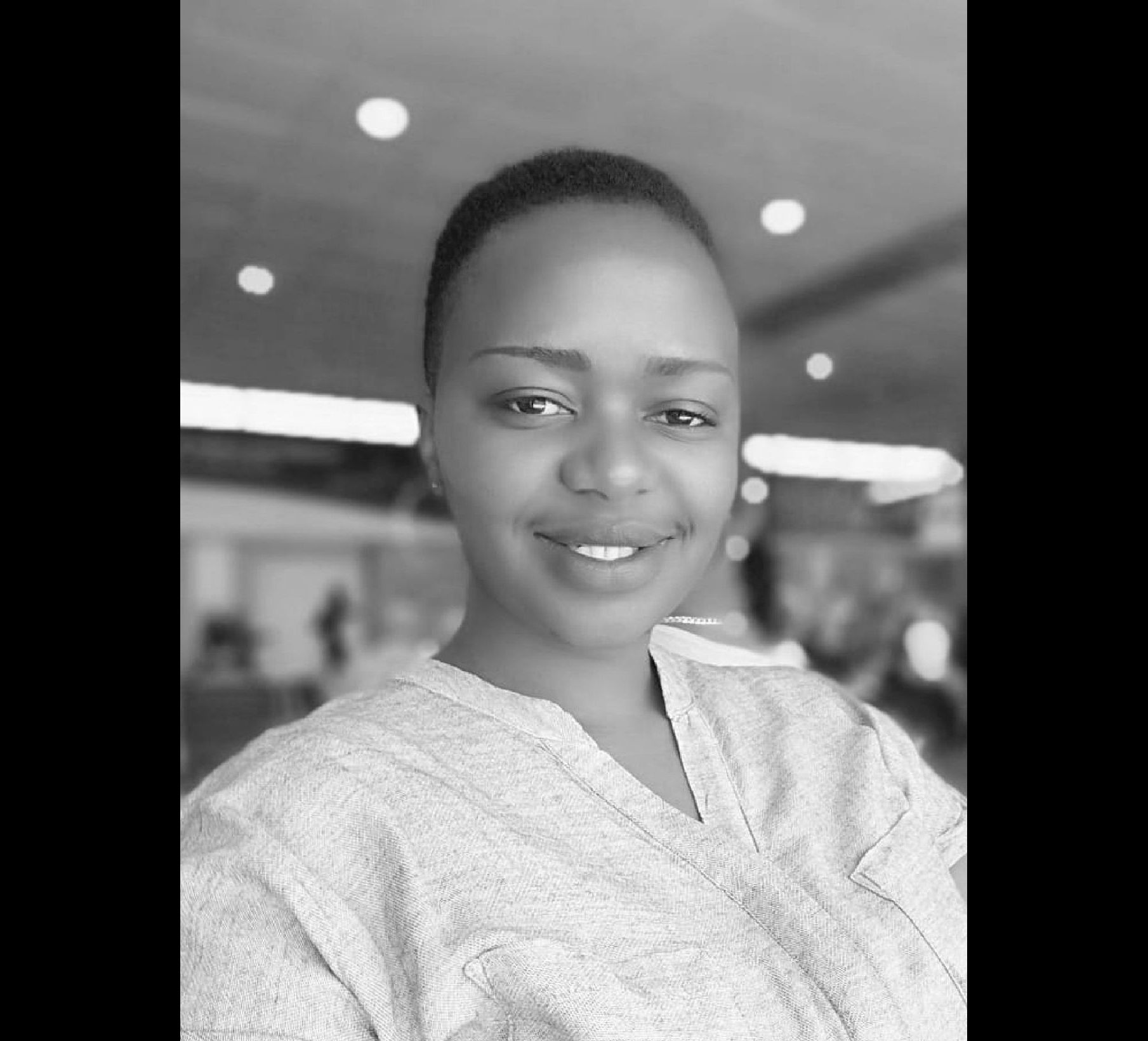News
Find out about our latest project related news and information about our upcoming and past activities, here.
Thinking Inclusive Urban Futures
Esther Thontteh and George Kwadwo Anane have published a detailed reflection on the 2025 Wits-TUB-UniLag Urban Lab Summer School, held in Lagos under the theme Inclusive Urban Futures. The feature captures highlights from the week-long interdisciplinary doctoral workshop that brought together scholars, policymakers, and practitioners from across Africa to explore pathways toward sustainable and inclusive cities. It also introduces a series of insightful blog posts authored by participating fellows, offering diverse perspectives on urban inequality, informality, and resilience in African cities. Read the full article and blog series here
WE MOURN OUR DEAR COLLEAGUE TAKI SITHAGU
WE MOURN OUR DEAR COLLEAGUE TAKI SITHAGU
Our dear colleague and friend Taki Sithagu passed away on October 13. We are deeply saddened by this terrible loss. The School of Architecture and Planning at Wits published the following Tribute to Taki:
The School of Architecture and Planning and the Wits-TUB-UNILAG Urban Lab are devastated by the news of the untimely passing of our dear colleague Taki Sithagu. With her background in urban and regional planning, experience of teaching and practice and a keen interest in countries beyond our borders, Taki was appointed to a lecturer position that involved international collaboration. For the past eight years, Taki ably coordinated the Wits side of a long-term DAAD and BMZ-funded collaboration with TU Berlin, to which University of Lagos was added in 2021. As our counterparts at TU Berlin and University of Lagos and the colleagues at DAAD attest, Taki shaped the collaboration with her academic curiosity, passion for students, quick grasp of bureaucratic processes, sharp wit, kindness and down-to-earth collegiality. Taki enjoyed the travel that the collaboration required, often with large cohorts of students, whose minds she helped open to worlds beyond South Africa. The collaboration, in which Taki played such a central role, culminates in the hosting of the African Urbanisms Conference in John Moffat Building 23-26 October 2024. With a heavy heart, the conference team resolved that what was in many ways to have been Taki’s conference will now be a celebration of what Taki brought to Wits and our partners.
Beyond the collaboration, Taki taught courses in housing and urban management and in recent years contributed to a UCL-Wits teaching partnership on forms of urbanisation that have remained under the radar of formal planning. The students were fascinated and excited by Taki’s passionate teaching. Alongside her roles at Wits and raising a growing family, Taki was progressing with a PhD registered at PLAAS at UWC. Her supervisor has posted a tribute that speaks to the remarkable academic we have lost. Taki was a real scholar-in-the-making with one of her recent publications in a Special Edition of the journal, Transformation, an important and nuanced commentary on the changing role of traditional councils in South Africa. She was emerging as an authority on the subject, with the promise of much more to come. Her passing has deprived us of a critical voice in this poorly researched area. She was taken from us far too early.
Taki is survived by her husband Jimmy Malavela, her parents and three children.

Reflections on the African Urbanisms Conference
Wits University's communication office published a reflection of the African Urbanisms Conference under the university's research news. You can find the article here
Everyday urban practices in Africa Disrupting global norms - Universities linking local realities and global policies
The Wits-TUB-UNILAG Urban Lab host an Urban Library Event at this year's World Urban Forum in Cairo. Please click here to find more information. The event takes place on Tuesday, November 5, 6pm.
Registration for the African Urbanisms Conference is now open
The registration for the African Urbanisms Conference is now open and will close on September 27. The conference will take place in-person at Wits University's School of Architecture and Planning in Johannesburg. You can register here via eventbrite.
FUNDING OPPORTUNITIES FOR MA students AT WITS UNIVERSITY (for SA citizens and permanent residents)
The call for scholarships for the masters programme in Urban Studies in the field of Urban Management at Wits is now open to South African citizens and permanent residents is now online. Due date to apply for admission into the MUS (UM) is 30 September 2024. The due date to apply for the scholarship is 31 September 2024. Further information can be found on the website of the School of Architecture and Planning


